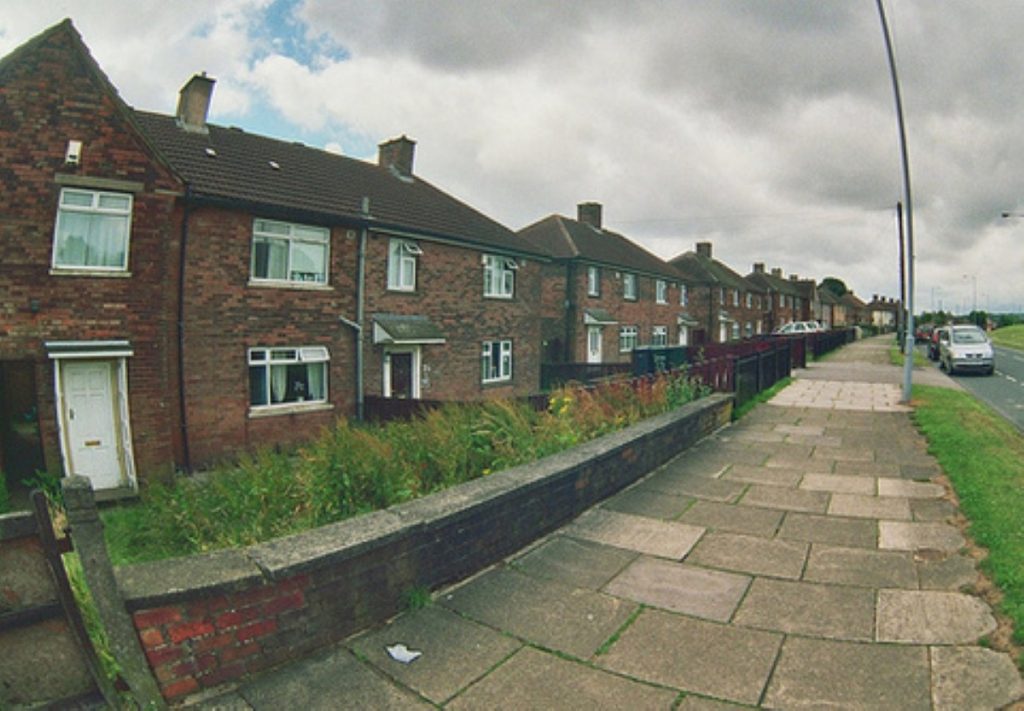Moving the goalposts? IDS redefines child poverty
Iain Duncan Smith is set to redefine child poverty completely, as politicians face up to their failure to deal with the issue.
The goal of eradicating child poverty completely by 2020 was enshrined in law by the New Labour government, but its coalition successors doubt this can be achieved.
Figures out today say the goal of halving it by 2010 has been missed. Statistics published by the Department of Work and Pensions suggest that 11% of children in the UK lived in absolute low-income households during 2010-2011, a number that was unchanged from the previous year.
Work and pensions secretary Mr Duncan Smith argued that poverty "is not about income alone".
He argued that moving benefits around to ensure families' income is just over an artificial threshold will not make a real difference to their lives.


"By this narrow measure, if you have a family who sit one pound below the poverty line, you can do a magical thing," Mr Duncan Smith said.
"Give them one pound more, say through increased benefit payments, and you can apparently change everything – you are said to have pulled them out of poverty. Yet moving someone from one pound below the poverty line to one pound above it might be enough to hit a target."
Labour has rejected his arguments completely. Shadow work and pensions secretary Liam Byrne said that Mr Duncan Smith was "living in la la land".
"He has got no idea about the daily struggle of millions of parents that are only balancing the bills because of tax credits and face the reality of five people chasing every job," Mr Byrne commented.
Last month Unicef warned that the UK's spending cuts meant that more children would grow up in poverty, reversing Britain's more positive performance in the early years of the financial crisis.
The current government's focus is on getting people into work rather than increasing benefits, however.
Mr Duncan Smith argued that "fulfilling and sustainable work" should be the goal of children who were otherwise "destined to spend a lifetime on benefits".
Child poverty is currently defined by the number of children living in households with an income that falls 60% below median earnings.
Neil O'Brien, director of the centre-right think-tank Policy Exchange, argued in an article for the Telegraph that factors like education, childcare, housing were not addressed by an income-based poverty definition.
Other problems, like the care system, abusive parents and addictions are also ignored.
"To cut a long story short, if the government does doing things that reduce poverty over the long term, it is not 'rewarded' by the current poverty measure nearly as much as if it just hands out benefit cheques," he wrote.
Mr Duncan Smith said that results have been flatlining despite the fact the welfare bill has increased by some 40% in real terms since Tony Blair laid out the child poverty target in 1999.
"Universal credit will ensure that the vast majority of children will be lifted out of poverty if at least one parent works 35 hours a week at the minimum wage – or 24 hours if they are a lone parent," he added.
"Today, I am pleased to announce that the government is very interested in developing better measurements of child poverty, which include income but do more to reflect the reality of child poverty in the UK today."









